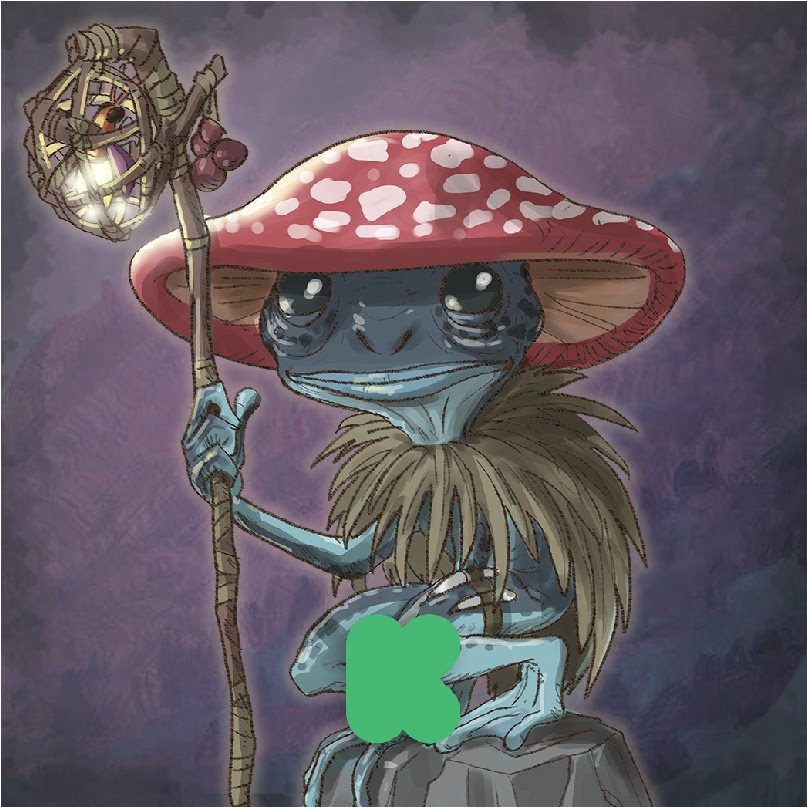inb4 “Baby, don’t hurt me.”
But for real…what do people mean when they say “I love you,” or “Do you love them?” I’m really confused by this because love seems to have such a varying definition. People say love for all sorts of things, and it seems like everyone else understands which definition they’re using in the moment. Here are some examples in which each one has a different meaning:
- I love pancakes.
- I love my mother.
- I love my romantic partner.
- I love my best friend.
- I love my career.
- I love going to the beach.
- My dog loves me.
- That couple is in love.
- Where is the love?
Background: I recently saw an episode of a show (spoiler below) where there was an adolescent heterosexual couple. The girl had a female best friend that she kissed, and is now confused about what she wants. She told her boyfriend about it. The boyfriend then asked her, “Do you love her?” What is he asking? If love means attachment and care, then clearly she does because that’s her best friend. However, since that is so clear, he’s not asking that. What is he asking??
Another specification is when people ask “Do you love them, or are you in love with them?”
I am confused by this term and the whole concept in general. I think I could really use some clarification, examples, or how to know which definition someone is going with when they use it.
Name of show
The show is Atypical on Netflix.
Message from the whole Lemmy community: we hate you for having inb4-ed our collective standard joke answer.
Signed: everyone but you 😜
I was going to say 42.
fr lol
Don’t worry. We can still do the club dance where we bash their body back and forth between us using our chests to throw them around, making them spill their overpriced club drink!
English is kind of weak in this arena because we only have one word for love, but we can modify it to be more useful: romantic love and fraternal love. Any other use stems from these two, and will basically boil down to “I like ___a lot.”
Another specification is when people ask “Do you love them, or are you in love with them?”
“In love” means romantic love, I think. You want to spend your life with this person, probably every day, will overlook their faults and are enamored with the things they do, the way their brain works, etc.
Thank you. Agreed this is more an English language issue.
Between people it should be (in love ) — “I’m (in love ) with you”. Rather than “I love (like being around) you”
I love lamp 🤷🏻♂️
Baby, don’t hurt me? 🤷🏼♂️
Are you guys brothers?
So no nginx for you
I love carpet!
Found the one who doesn’t shave or trim…down there…
I think of romantic love as what follows infatuation, if you get there. The continued slow burn of lust, affection and respect for each other.
Friendly love is care, when you would let yourself be hurt to save a specific other person from being hurt, and are willing to be inconvenienced to do things for them, and trust enough to inconvenience them if you need something.
Agape - love, love for the world, is both easier and harder to feel. It’s easier to not be annoyed by things and people you don’t personally know, but hard to care so much about them. That universal love feeling , the joy of existence and care for the natural world is also love.
So yeah English in this regard just doesn’t have (or doesn’t use) different words for different types of love but they are different.
I think “The continued slowburn of lust,affection and respect” is highly accurate while ‘keepin’ it real®’
Ancient Greeks had a whole pile of words for love of different kinds.
Philo, eros, agape, and I can’t remember the fourth one.
Baby do-oh…
Never mind.
OP is the fun police 😞
You explained it all. What is your question.
Many people use the word without reflecting on how they mean to use it. I’ve seen many a relationship fight indirectly over the ambiguity.
Different cultures have different takes but greek and Latin define different forms of love. From impulsive maddening love (why cupids arrow was seen so harmful) to dutiful love (the kind made through obligations made through shared commitments and aspirations) to brotherly love (trauma bonds, solidarity, commitment made from shared respect). There is also paternalistic love formed from empathy and a desire to protect. And of course love to describe the deep joy something gives you and desire to have it again.
When they ask “do you love her?” Based on the context I assume either or both love as a desire for the other or dutiful love, because both can be consuming for many and mean they would struggle to have that the capacity to share that same level of love with their current partner.
If they don’t and it was an act of lust* or curiosity then they’re partner may feel more comfortable with the commitment to them.
- impulsive love and desire can be heavily intertwined with sexual desire but that is a whole other interesting discussion to me
deleted by creator
or ask them for clarification.
How do this without it being the most awkward thing ever
Baby don’t hurt me.
Love is action.
You don’t feel love, you show it and recognize when it’s been shown to you. Saying you love someone is just words, but showing you love someone by listening when they need someone to listen or helping them in some other way is proof of love.
This :)
For love as a standalone word, “value” is the most drop-in-compatible word. To say “i love you” is to say “i value you”.
The form of “in love” is a far greater mystery to me, and i usually just consider the speaker to mean something like “obsessed” or “infatuated”.
It’s how we bundle together stuff we enjoy with sexual desire and sell it as moral goodness.
Howard Jones did a pretty good song dealing with this exact issue in the 80s
I think this is a pretty good definition. Heard it on an episode of This American Life. Note that it’s not just about romantic love, but other kinds as well.
The visionary feminist writer Bell Hooks says love is made up of seven parts. Wherever someone is practicing care, affection, recognition, respect, commitment, trust, and open, honest communication, there is love.








